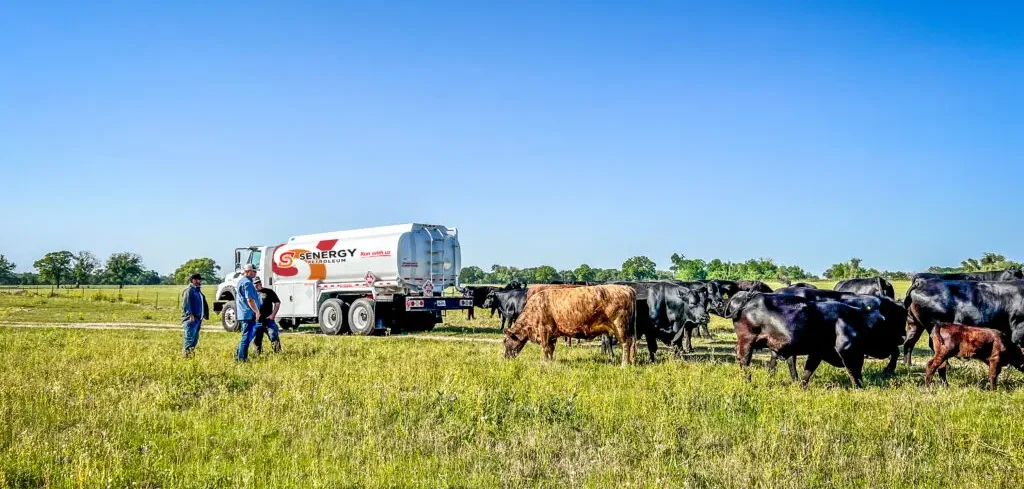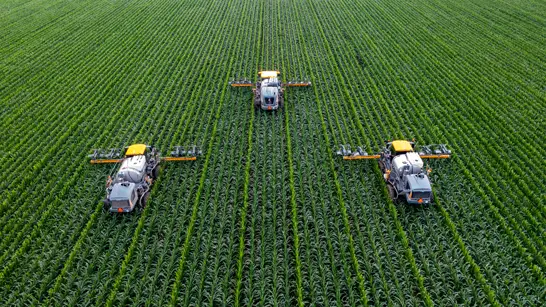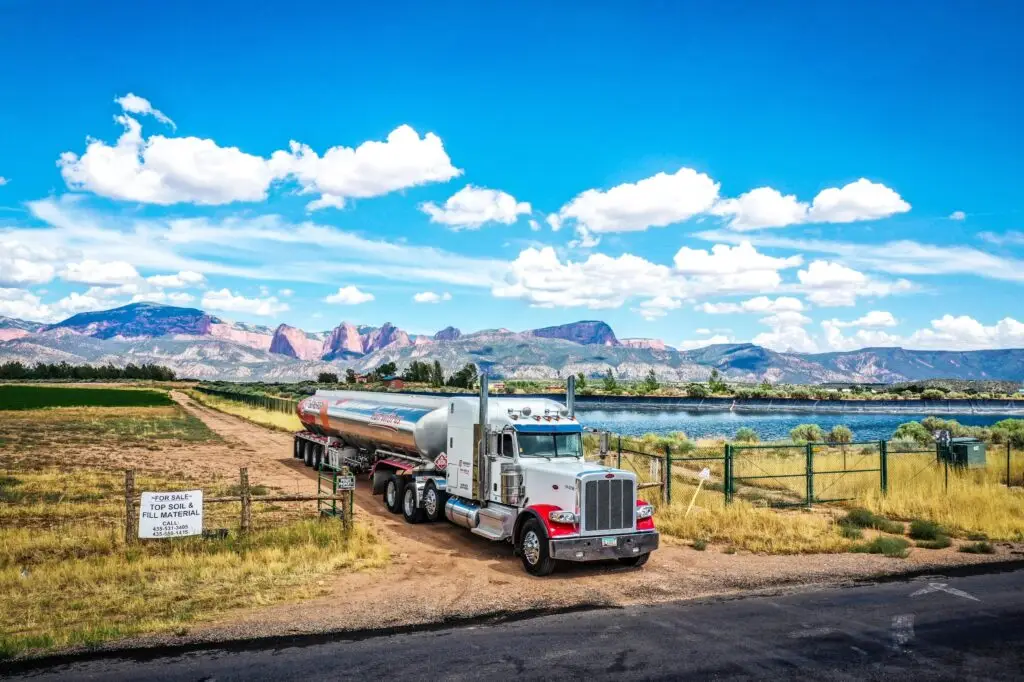Agriculture is a backbone industry here in the Southwest and Rockies. It provides the food, resources, and materials that keep everything running—from the crops feeding our cities to the fibers and biofuels making their way into other industries. But for those of us in fuel management, we know agriculture wouldn’t run at all without one critical resource: commercial fuel solutions for agriculture.
Whether you’re a construction manager overseeing a massive irrigation project, a fleet manager ensuring trucks stay on the road, or a mechanic keeping agricultural machinery in top shape, commercial fuel plays a massive role in keeping agriculture efficient and productive. So let’s dive into how fuel management impacts agricultural operations and why finding the right commercial fuel solutions can help your agriculture business thrive.
In agriculture, everything from tractors plowing fields to irrigation pumps keeping crops hydrated relies on fuel. And we’re not just talking about small quantities—you’re fueling some serious machines. Diesel, gasoline, propane, and even alternative fuels are all consumed daily in vast amounts to keep operations running. This makes fuel not only a vital resource but a major cost factor for agriculture-focused businesses.
We’ve worked with many commercial fuel buyers over the years, and one thing we’ve learned is that fuel isn’t just about powering machines. It’s about making sure those machines work when you need them most—during planting, harvesting, or transporting goods. At Senergy Petroleum, we’ve had customers tell stories about losing time and money during critical seasons because they ran low on fuel, and their deliveries didn’t arrive on time. That’s why planning and building a solid relationship with your commercial fuel provider is key.
Our region comes with its own unique set of challenges. The vastness of agricultural lands in the Southwest, combined with the rugged and often remote terrains in the Rockies, means that farmers and managers need to think about fuel in ways that businesses in other areas might not. For example, extreme weather conditions can impact fuel delivery times, and the distances between farms and fuel stations can mean extra time and cost when you’re in a pinch.
In areas like these, fuel management is a game of foresight. Stocking up before the busy season and having fuel reserves can make or break operations. Some customers we work with, especially those in construction and fleet management, always order fuel in bulk ahead of time just to ensure they’re covered, no matter what the weather or supply chains throw at them.
Keep Equipment Well-Maintained: Properly serviced engines run more efficiently, saving you fuel in the long run. This applies to everything from your fleet trucks to heavy machinery like tractors and combines.
Match the Fuel to the Job: Not every machine requires premium fuel. Use diesel when diesel makes sense and save the more expensive fuels for machinery that really needs it. This small adjustment can add up to big savings.
Optimize Routes for Fleets: For those managing vehicle fleets, reducing fuel consumption comes down to planning the most efficient routes.
Buying in bulk can be a solution for agricultural operations, especially in remote areas or during peak seasons. Bulk fuel purchasing not only saves you money by lowering the cost per gallon, but it also ensures you won’t run out when you need fuel the most. And in agriculture, timing is everything. Missing a harvest window because you ran out of diesel for your tractors can mean losing weeks of work—and revenue.
Think of it this way: instead of scrambling to refuel during peak times, bulk buying lets you stay ahead of the curve, and you often get discounts from fuel suppliers for doing so. It also cuts down on delivery times and frequency, which is especially important if you’re located far from major fuel hubs.

Storing fuel properly is an important part of efficient fuel management. Large agricultural sites can benefit from on-site fuel storage tanks, but you need to ensure they’re set up and maintained correctly.
Some best practices we recommend include:
Our region’s weather can be unpredictable. From heat waves to snowstorms, extreme conditions can impact fuel deliveries, equipment operation, and more. That’s why it’s important to have an emergency fuel plan in place. Having a backup supply stored on-site or a reliable provider who can deliver quickly in an emergency is essential.
Rural Access to Fuel
If you’re running agricultural operations in a remote area, getting fuel can sometimes feel like a logistical nightmare. That’s where choosing the right supplier comes in. Make sure your fuel provider understands the unique challenges of your region and is equipped to deliver fuel when and where you need it.

As agriculture moves toward more sustainable practices, fuel is evolving too. Biodiesel, propane, and other alternative fuels are making their way into the market, offering a way to power machinery while reducing environmental impact. While the transition to sustainable fuels can seem daunting, many businesses are finding that it can also reduce costs in the long run. In fact, some states in the Southwest offer tax incentives for using greener fuel options, so it’s worth looking into.
Making the Transition: If you’re considering making the switch to sustainable fuels, start by converting one piece of equipment at a time. That way, you can test out the new fuel without disrupting your operations.
Construction managers working on agricultural projects have unique needs, from fueling tractors and bulldozers to ensuring the constant operation of pumps and irrigation systems. Commercial fuel solutions for agriculture are essential for refueling large machines quickly and efficiently, as downtime can cost thousands of dollars a day.
One trick we’ve seen work well is setting up mobile fuel stations on-site during large construction projects. By having fuel readily available, you eliminate the need for multiple trips to refuel machines, keeping your crews on the job and minimizing delays.
Fuel is at the heart of agriculture in the Southwest and Rockies. Whether you’re managing a fleet, running a construction site, or overseeing a large-scale farming operation, fuel efficiency and management can make or break your success. By working with a trusted fuel provider and optimizing your fuel usage, you can keep your operations running smoothly, cut costs, and even move toward more sustainable practices.
At Senergy Petroleum, we understand the unique challenges faced by agricultural businesses in this region. We’re here to help you power through, no matter the season or the weather. Ready to fuel up and keep your business running strong? Let’s get started.

